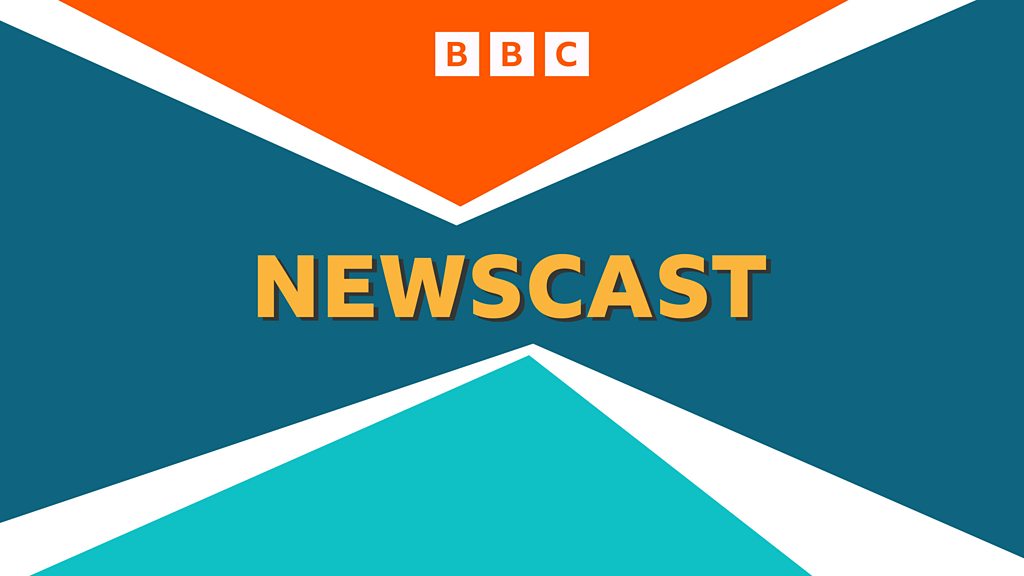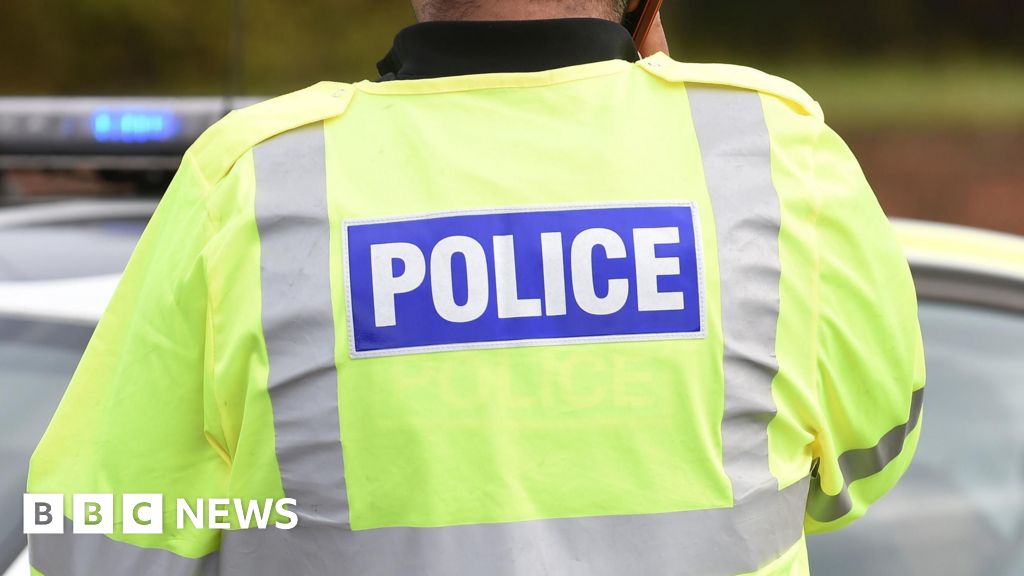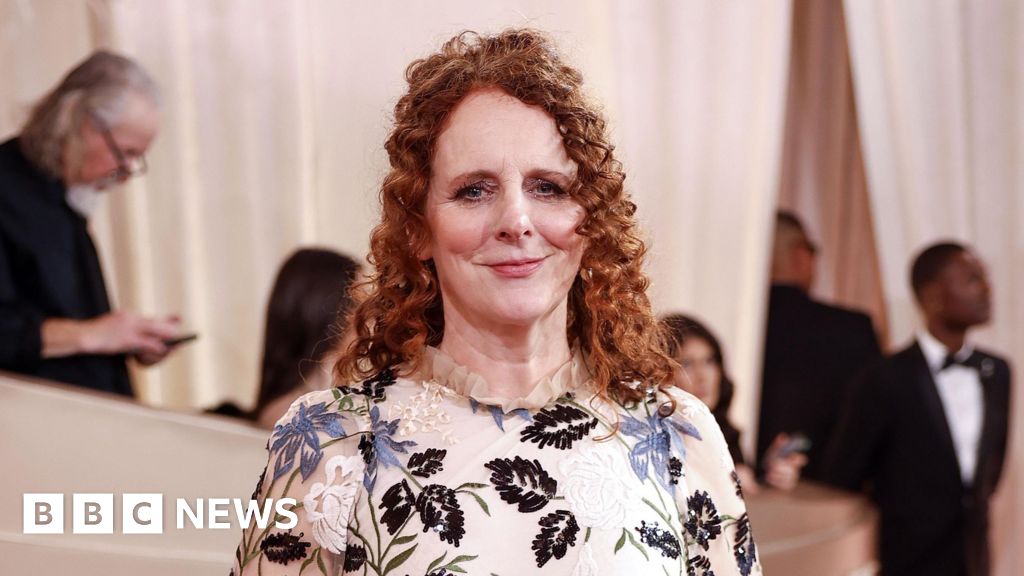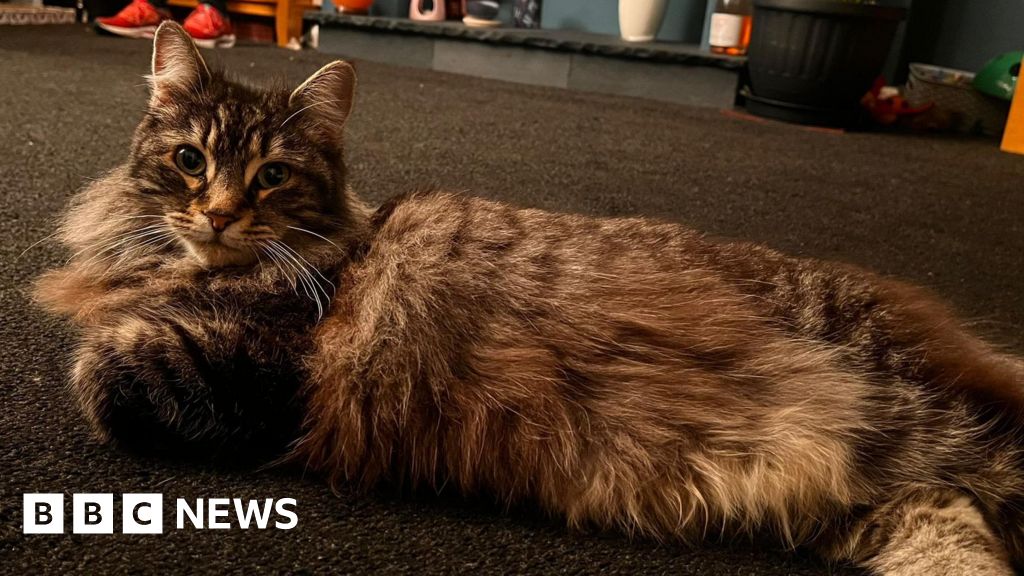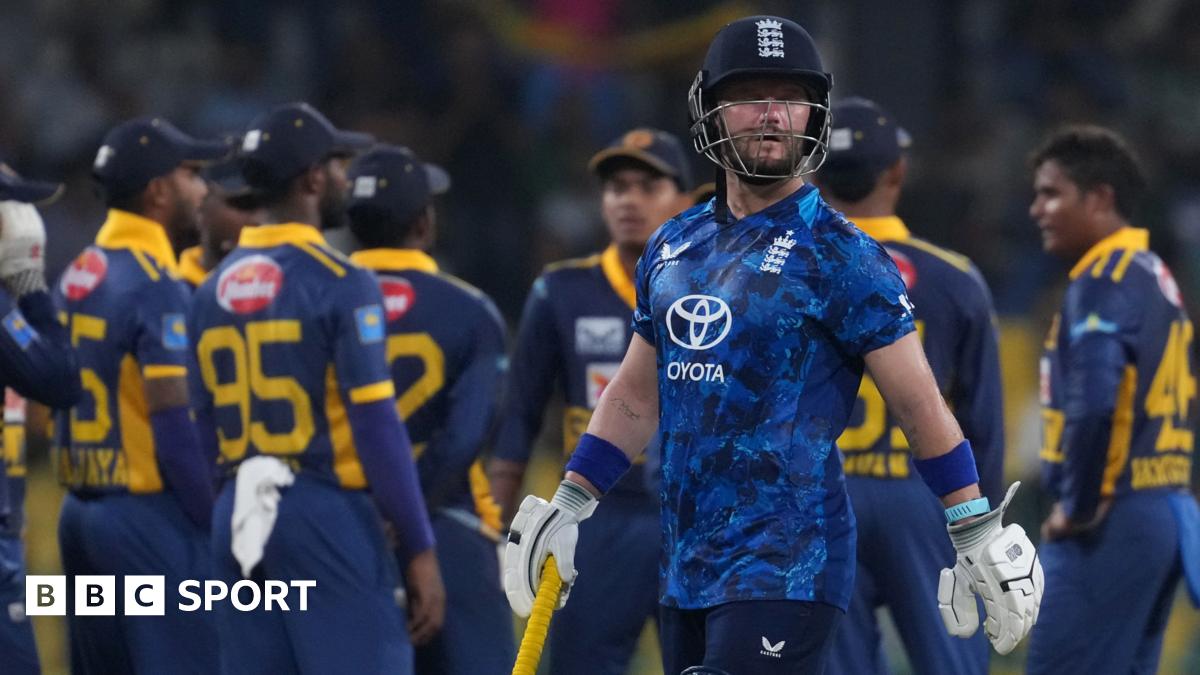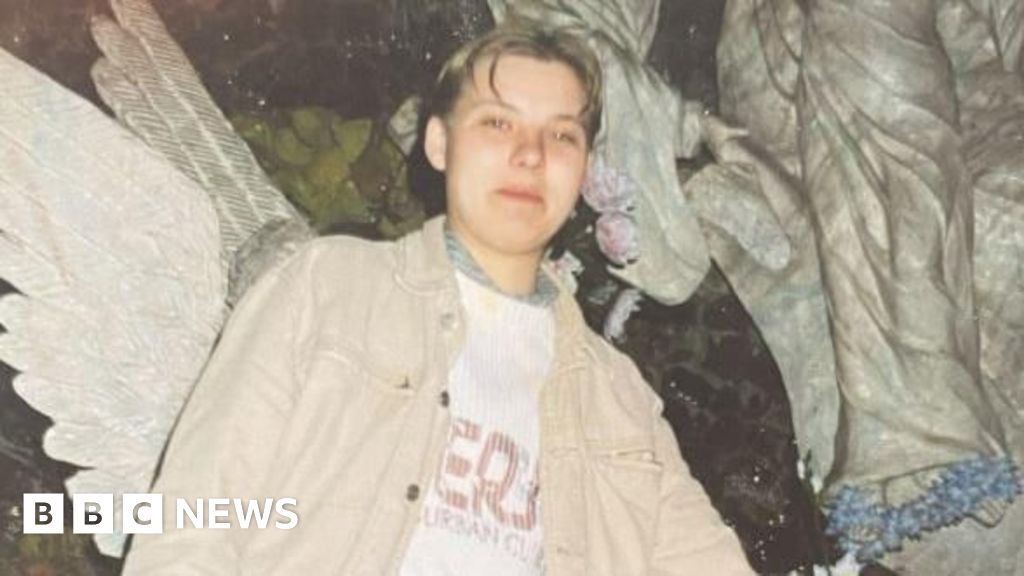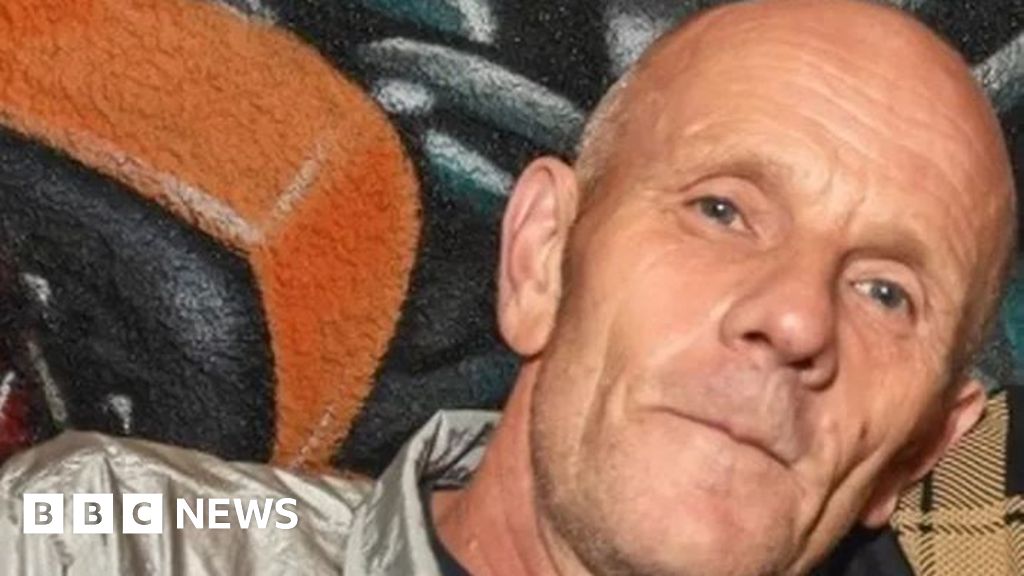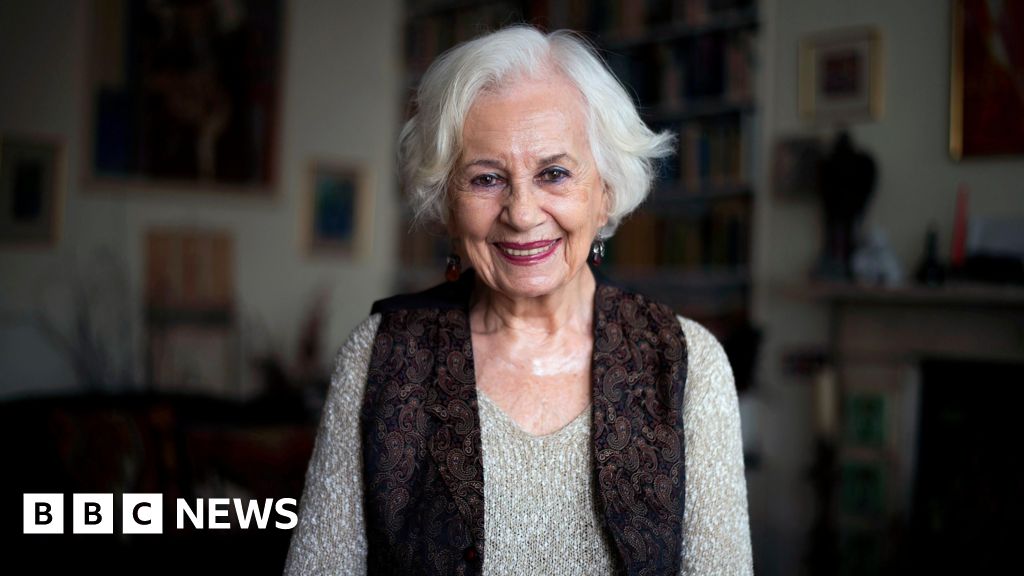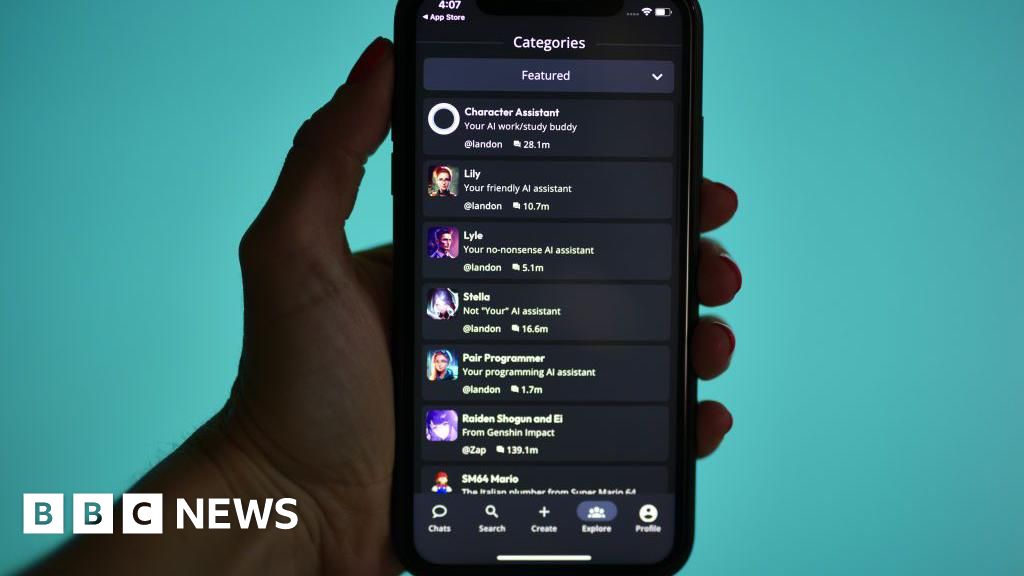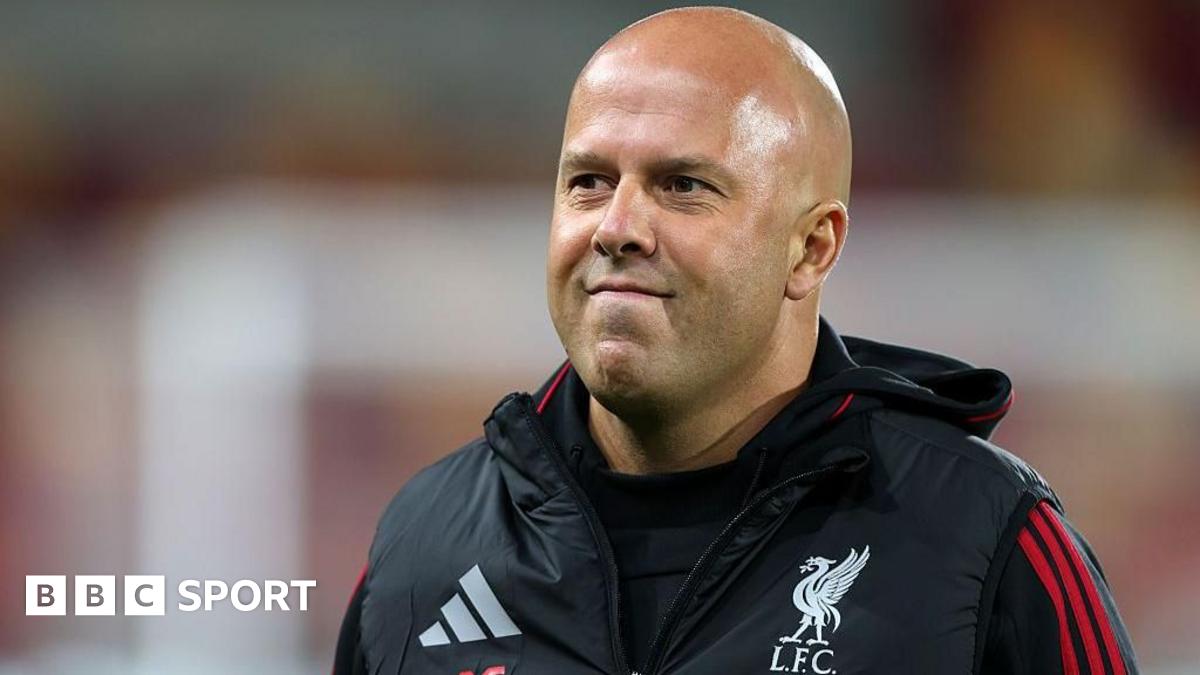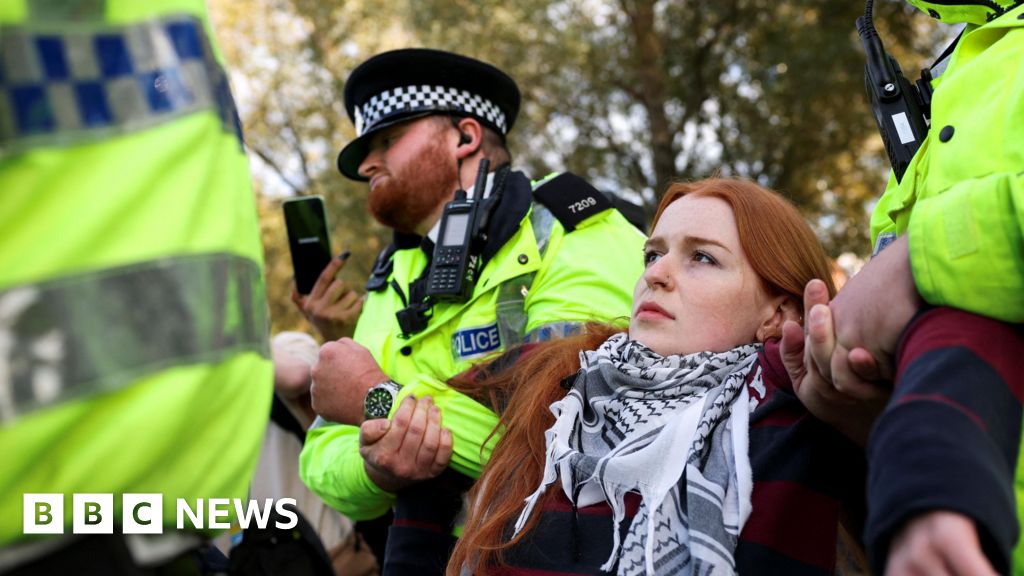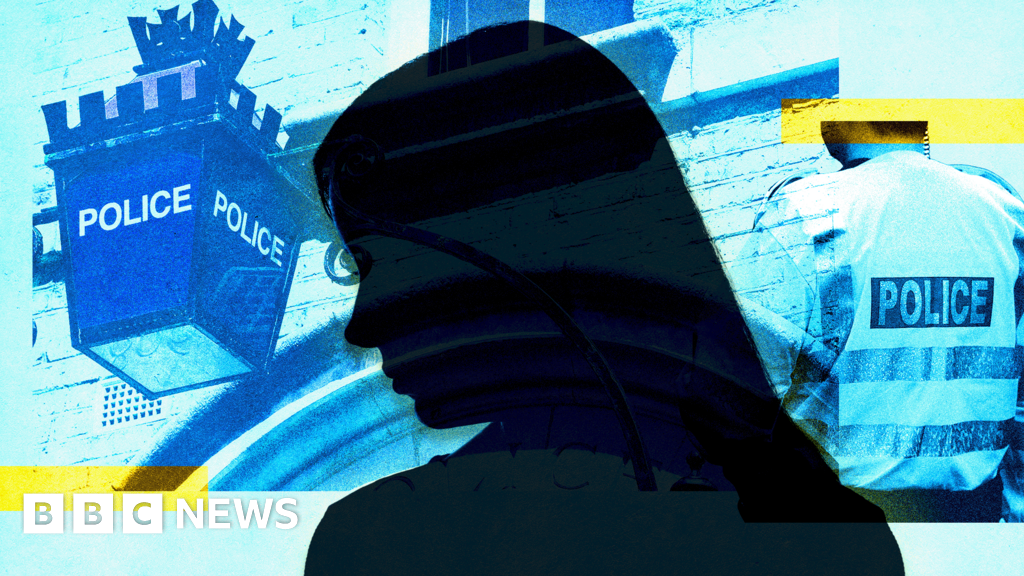
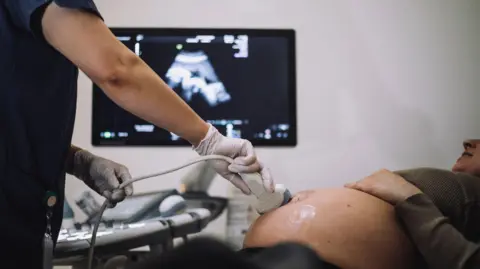 Getty Images
Getty Images
Some high-street clinics are putting lives at risk by allowing unqualified non-specialists to carry out baby scans, the Society of Radiographers (SoR) has warned.
The trade union says its members have seen examples of pregnant women being incorrectly diagnosed with serious health conditions and given dangerous advice.
Other expectant mums have been sent to hospital after being told an abnormality meant they would need to end the pregnancy only to find their baby was completely healthy.
It is concerned that anyone using an ultrasound machine can call themselves a sonographer and offer the service - often sold as a reassurance, souvenir or sexing scan - ahead of the routine 20-week NHS check.
Dangerous advice
"One time, we had a lady referred [to hospital] from a private clinic, who was eight or nine weeks pregnant," says Elaine Brooks, Midlands regional officer at the SoR.
"The sonographer at the private clinic said there was no heartbeat and that the baby was very, very malformed, and they sent her in for an induced miscarriage.
"We started scanning the lady, who was in tears, and on the scan there was a clearly beautiful nine-week pregnancy with a heartbeat. It was absolutely fine."
A BBC investigation in 2020 uncovered similar failures in the diagnosis of serious medical issues during private baby scans.
It heard reports of women who were bleeding and in pain being accepted for scans, rather than being told to contact their doctor.
Bad practice and sexual misconduct
The trade union, which is also the professional body for medical imaging, says it has seen other examples of bad practice by some private clinics including:
- Major foetal abnormalities such as spina bifida or polycystic kidneys being missed
- Ectopic pregnancies, where the fertilised egg implants itself outside of the womb, either not being diagnosed or being falsely diagnosed
- A radiographer continuing to work as a private sonographer despite having been struck off and banned from working for the NHS due to sexual misconduct
The president of the SoR, Katie Thompson, said there were some "really great" private services offering checks with properly trained staff, but she was particularly concerned about the growth of pop-up clinics in shopping centres and on high streets selling souvenir images or scans to reveal the sex of the baby.
She said she was aware of another case where a private scan late in pregnancy did not record the baby was still breech or lying bottom first in the uterus. The mother was not immediately referred to the NHS and the baby later died.

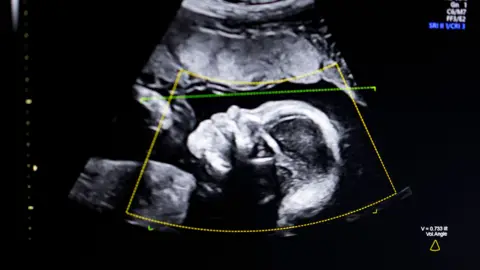 Getty Images
Getty Images
Private clinics often offer reassurance or sexing scans before the standard NHS anomaly scan which is normally offered between 18 and 21 weeks into the pregnancy
The SoR is now calling for sonographer to become a protected job title in the UK in the same way as dietician, podiatrist, art therapist or radiographer.
That would mean only those who are properly qualified and registered with a regulatory body would be allowed to use that job description.
Many private sonographers are already qualified midwives or radiographers, and accredited training courses are also available, although this is currently not a legal requirement.
Individual sonographers can also decide to join the Register of Clinical Technologists, which the public can then search to see if certain standards have been met, but again participation is voluntary.
The Professional Standards Authority for Health and Social Care recently carried out a public interest test of that register and has written to the government to say the "risks appear sufficiently high" that it should consider if stronger regulation of sonographers may be needed.
The Care Quality Commission which inspects private clinics said many were providing good quality care, but it "remains concerned that some are not" with worries over staff training, consent policies and procedures for escalating unusual findings.
Where its inspections identify concerns it said it would "hold providers to account and make clear that action is required to ensure staff are adequately trained".
In a statement, the Department of Health said the safety of patients was paramount and the regulation of all healthcare professionals was kept under review.
"We will carefully consider any proposals from professional bodies regarding this," added a spokesman.

 2 months ago
60
2 months ago
60



